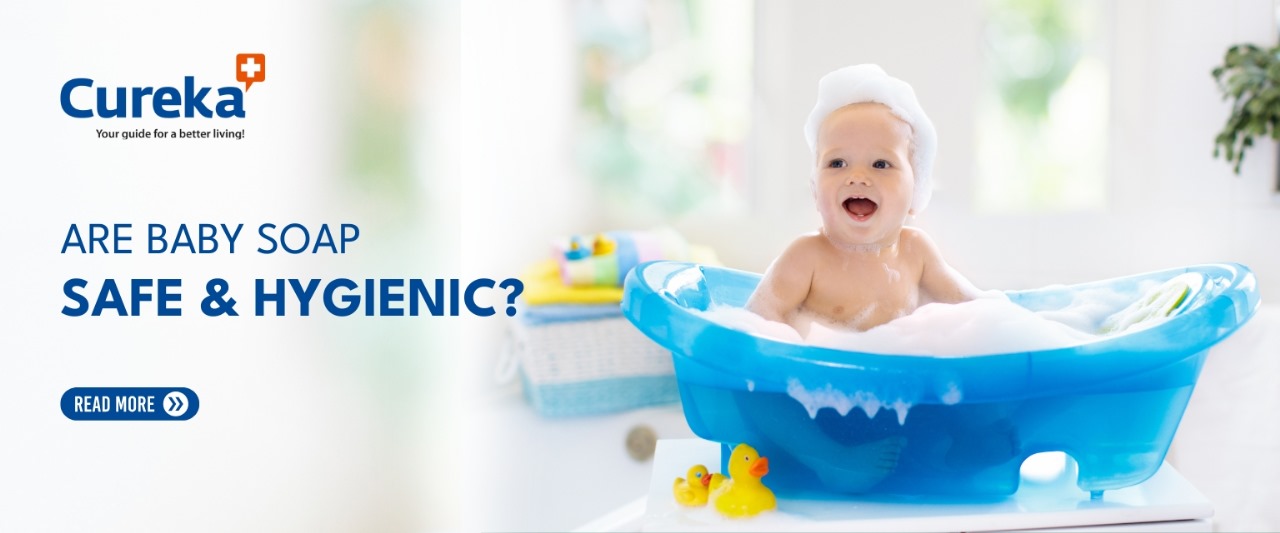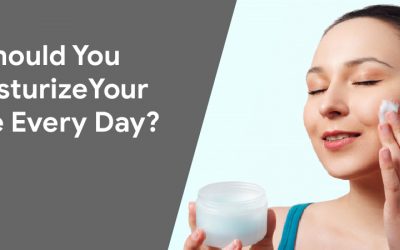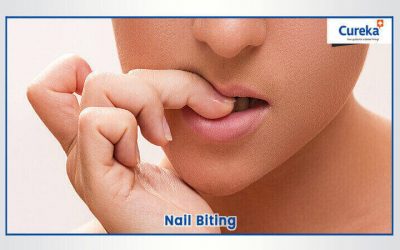Are Baby Soaps Safe and Hygienic?
When it comes to caring for your newborn’s skin, one of the most important decisions you’ll make is choosing the right soap. Baby skin is incredibly delicate, and using the wrong product can lead to irritation, dryness, and other skin issues. In this blog, we will explore whether baby soaps are truly safe and hygienic, focusing on the best newborn soaps, infant soaps, and how to choose the most gentle bath soap for your little one.
Understanding Your Baby’s Skin
Before we dive into the specifics of baby soap, it’s essential to understand why babies need special care when it comes to their skin. Unlike adults, babies have much thinner skin that is still developing its natural protective barriers. Their skin is also more susceptible to dryness and irritation. As a result, it’s critical to use products that are gentle, nourishing, and formulated to protect their delicate skin.
A newborn’s skin is approximately 30% thinner than an adult’s, which makes it more prone to environmental factors such as heat, humidity, and harsh chemicals. Therefore, when selecting products like baby soap, you need to make sure they are formulated to protect and hydrate the skin, not strip it of essential moisture.
The Importance of Choosing the Right Baby Soap
When selecting a baby soap, you must prioritize a product that cleans gently without disrupting the skin’s natural oils. A mild, fragrance-free baby soap or baby wash is generally recommended. Products designed specifically for babies help minimize the risk of skin irritation or allergic reactions.
Baby soap is formulated to maintain the natural pH balance of the skin and protect the skin’s barrier. Over-cleansing with harsh soaps can lead to dryness and skin irritation. Baby soaps should cleanse effectively while maintaining skin moisture.
Key Factors to Consider When Choosing Baby Soap
Gentle and Moisturizing Ingredients
One of the key attributes to look for when choosing the best bath soap for a newborn is gentle, moisturizing ingredients. Natural oils such as almond, coconut, and olive oil are fantastic for baby skin. These oils not only help to cleanse but also provide hydration, leaving the skin soft and supple. Shea butter and aloe vera are other common ingredients that are beneficial for soothing and moisturizing your baby’s skin.
When looking for a newborn soap, try to choose products that avoid harsh chemicals. The best baby soaps will have ingredients that are mild, nourishing, and help protect the skin’s natural moisture barrier.
Hypoallergenic Formulas
Babies are more prone to allergies because their immune systems are still developing. To minimize the risk of allergic reactions, it’s best to choose a hypoallergenic baby soap. These formulas are less likely to cause irritation or allergic responses, making them a safer choice for babies with sensitive skin.
Fragrance-Free or Mildly Scented
Strong fragrances in soaps can be overwhelming for a baby and may irritate their skin. It’s advisable to choose a baby soap that is either fragrance-free or very mildly scented, preferably using natural essential oils. These types of soaps are less likely to cause allergic reactions or discomfort.
pH-Balanced Soaps
A baby’s skin has a slightly acidic pH, which helps protect it from harmful bacteria and maintains the skin’s natural barrier. When choosing a soap for your baby, it’s essential to select one that is pH-balanced. These soaps are formulated to match the skin’s natural pH level, promoting a healthy and balanced environment for your baby’s skin.
Allergy Testing
Even when you select a gentle, hypoallergenic soap, it’s always a good idea to perform a patch test before fully using a new product. Apply a small amount of the soap to a small area of your baby’s skin and wait 24 hours to check for any signs of irritation or allergic reaction.
Common Ingredients to Avoid in Baby Soap
While selecting a baby soap, it’s crucial to avoid certain harsh chemicals that can cause harm to your little one’s skin. These include:
Sulfates:Often used to create lather, sulfates can strip the skin of its natural oils, leading to dryness.
Parabens: These preservatives can irritate the skin and have been linked to hormonal disruptions.
Phthalates: These are chemicals used to enhance fragrance and flexibility in soaps, but they may cause allergic reactions and disrupt the body’s hormone balance.
Artificial Colors and Fragrances: These ingredients can cause skin irritation and may have long-term harmful effects.
Instead, look for soaps with natural, gentle ingredients that are less likely to cause irritation or allergic reactions.
Tips for Bathing Your Newborn
Choosing the right soap is just one part of the equation. How you bathe your baby also plays a significant role in maintaining their skin health. Here are some tips for a safe and gentle bath time:
Frequency of Baths Newborns and infants don’t need daily baths. In fact, bathing them too often can strip their skin of its natural oils. Two to three baths per week should be enough, focusing on cleaning the diaper area, hands, and face regularly.
Water Temperature Always ensure that the water is lukewarm (around 37-38°C or 98-100°F). Test the water with your elbow or a bath thermometer to make sure it’s comfortable and safe for your baby.
Gentle Cleansing Use a soft, clean washcloth or your hand to gently cleanse your baby. Avoid scrubbing, as this can irritate their skin. Pay close attention to skin folds to prevent moisture buildup.
Pat Dry After the bath, gently pat your baby’s skin dry with a soft towel. Rubbing can cause friction and lead to irritation. Make sure to dry all folds, such as those behind the ears, under the arms, and in the diaper area.
Moisturize After drying, apply a hypoallergenic moisturizer to help lock in moisture. This is particularly important if your baby has dry or sensitive skin. Opt for fragrance-free, gentle moisturizers specifically formulated for babies.
Diaper Changes Frequent diaper changes are key to preventing rashes and maintaining good hygiene. Make sure to use a mild, hypoallergenic wipe or warm water to cleanse the diaper area.
Choose Natural Fabrics Dress your baby in loose, breathable clothing made from natural materials such as cotton. This helps prevent overheating and reduces the risk of skin irritation.
Common Baby Skin Conditions
Even with the best care, babies can sometimes experience common skin conditions. These include:
Diaper Rash: This is caused by prolonged exposure to wetness and irritation from diapers. Regular diaper changes and applying a barrier cream can help.
Eczema: Characterized by dry, itchy patches, eczema can be triggered by allergens or irritants. Moisturizing the skin and using gentle, fragrance-free products can help manage symptoms.
Cradle Cap: This is a harmless condition that causes flaky, crusty patches on a baby’s scalp. It typically resolves on its own but can be managed with gentle cleansing and a soft brush.
Conclusion
When it comes to your baby’s skin, choosing the right soap is more than just about hygiene – it’s about ensuring their skin remains safe, healthy, and nourished. By selecting a baby soap that is gentle, hypoallergenic, and free from harsh chemicals, you can protect your baby’s skin from irritation and dryness. Remember, the best baby soap should clean gently without stripping the skin of its natural moisture.
In addition to selecting the right soap, ensure that you follow proper bathing techniques and monitor your baby’s skin for any signs of irritation. With the right approach, you can make bath time a soothing and enjoyable experience for both you and your baby, while keeping their delicate skin healthy and hydrated.
Choosing the best soap for your newborn is an essential part of their skincare routine. By prioritizing natural, mild ingredients and avoiding harsh chemicals, you can provide the best care for your baby’s skin from day one.
References :
- Randomized trial with soaps – what happens to a newborn baby’s skin? – 2021 Jun – https://pmc.ncbi.nlm.nih.gov/articles/PMC9432187/











